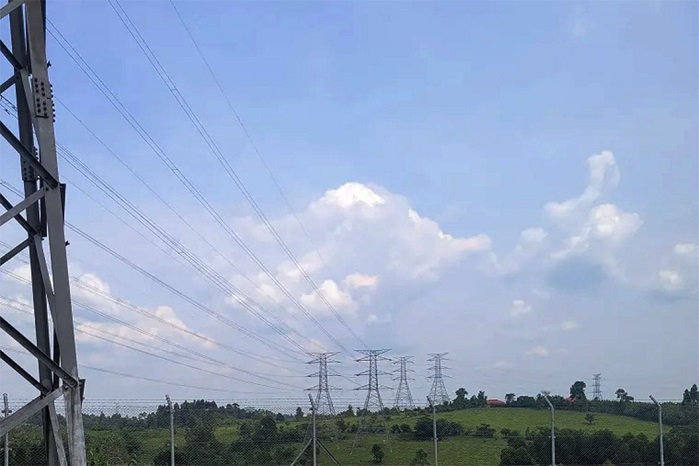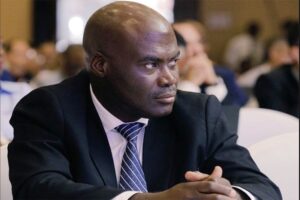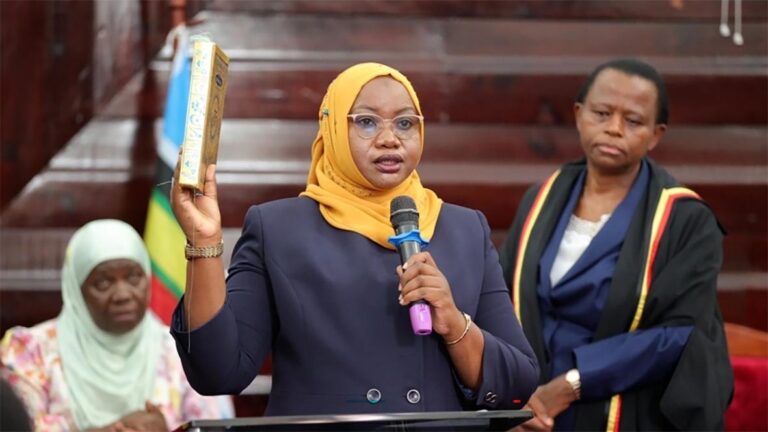
Uganda’s electricity distribution sector has for the last 20 years been run under a concession held by Umeme Ltd
HABARI DAILY I Kampala, Uganda I The Uganda Electricity Distribution Company Ltd (UEDCL) will be taking over the network from Umeme Ltd, top officials have expressed readiness to take over both staff and equipment.
This in effect means that a few days from now, the Uganda Government will fulfil its plan to have all the three major components of the country’s electricity supply industry, which include the generation, transmission, and distribution – operated and maintained by government companies.
Paul Mwesigwa, UEDCL’s managing director revealed to Habari Daily that for as many months, they have been strategizing for the d day.
“We have been preparing for a seamless transition. We have since embarked on a recruitment drive to ensure that we bridge the staffing gaps as we take full charge of the distribution network,’ he said.
He said they are taking over Umeme with its staff, but through a process. On the side of employees, we’re interviewing them. “We received over 2,400 applications of staff from Umeme, and we are planning to recruit them on merit” he said.
Mwesigwa said they will need to hire at least 3,000 staff if they are to effectively supply households in the post-Umeme era, many more that the current Umeme staff of 2,502 employees.
Going by the current statistics, demand for new electricity connections is going up by the month, requiring manpower to deliver it to the end consumers.
Mwesigwa said that UEDCL will need to hire at least 3,000 staff if it is to effectively supply households in the post-Umeme era.
“Following discussions with Umeme, we are planning to have 3,010 employees if we are to overcome the staffing challenges,” he said.

Paul Mwesigwa, UEDCL’s managing director
He said they are currently operating in 102 political districts, and have more than 500 employees outside the concessional area, adding that the screening process is ongoing in different fields, and that the final one is about the buyout amount.
The other sticky issue which might hijack the transmission is the huge buy out amount which Government has to handover to Umeme as it exits.
Under the terms of the agreement, Uganda is obligated to reimburse Umeme for all unrecovered capital investments when the contract ends.
Since the start of its concession, Umeme said it has invested over $600 million in Uganda’s electricity infrastructure. Officials at Umeme said they were obliged to continue investing in power distribution to fulfill their obligations under the existing agreement, although they were cock sure that their contract would not be renewed.
Officials from the Auditor General’s office have since been put to task to do an audit and evaluation on the worth of Umeme’s investment in Uganda.
“I can now confirm that the government has secured that money,” Mwesigwa disclosed.
This followed media reports that the Uganda government is seeking to borrow up to $190,988,556 (Sh697.8 billion) from Stanbic Bank to facilitate the buyout of Umeme Limited, as its concession agreement approaches expiry on March 31, 2025.
Officials estimate that the Government must have to part with up to $200m in compensation to Umeme for its investments in Uganda’s power distribution network over the past 20 years.
Eng Irene Batebe, the energy ministry’s permanent secretary, the Government has been preparing for this transition for the past two years. “We have worked tirelessly to ensure that UEDCL is adequately staffed and equipped to manage the national power distribution network,” she said in a recent interview.
She added that they have also worked hard to ensure that UEDCL is prepared in terms of technical operations, staffing, and recruitment strategies to guarantee a seamless transfer.
Umeme was formed in 2004 when the government leased the UEDCL to a consortium belonging to Globeleq, which held 56 percent shares in the body. This was a subsidiary of the Commonwealth Development Corporation of the UK, and Eskom of South Africa with shareholding of 44 percent.





may God bless Uganda